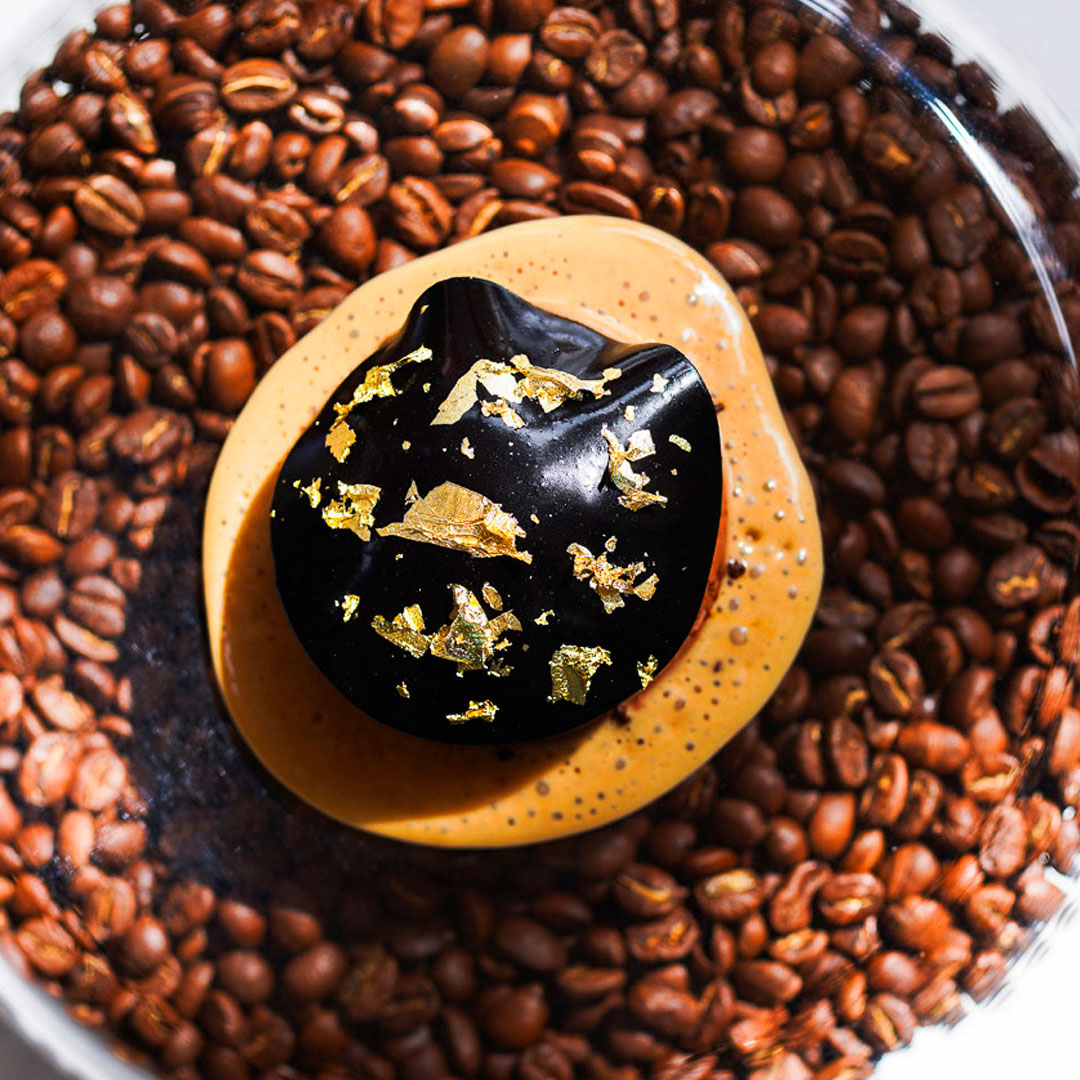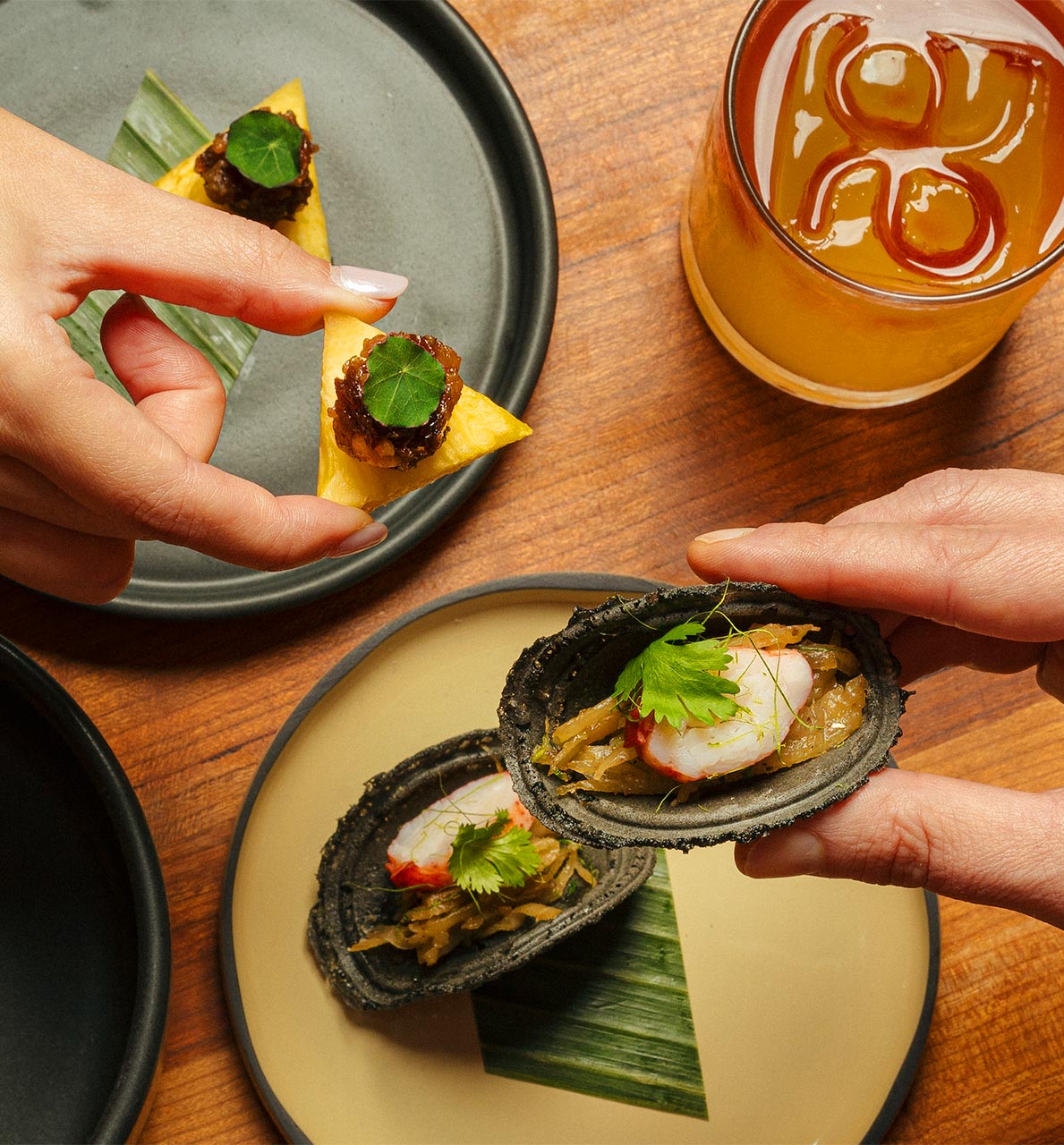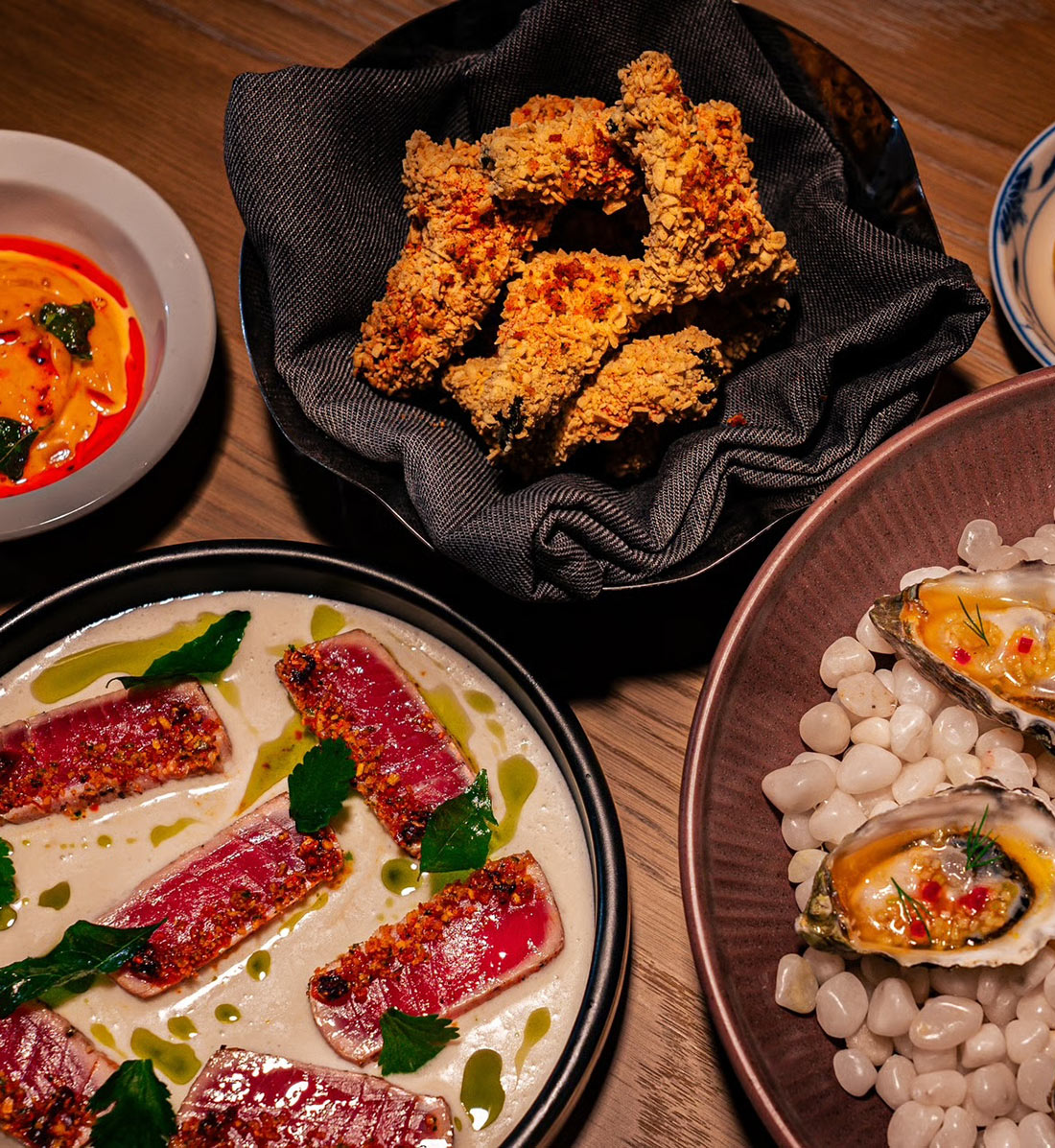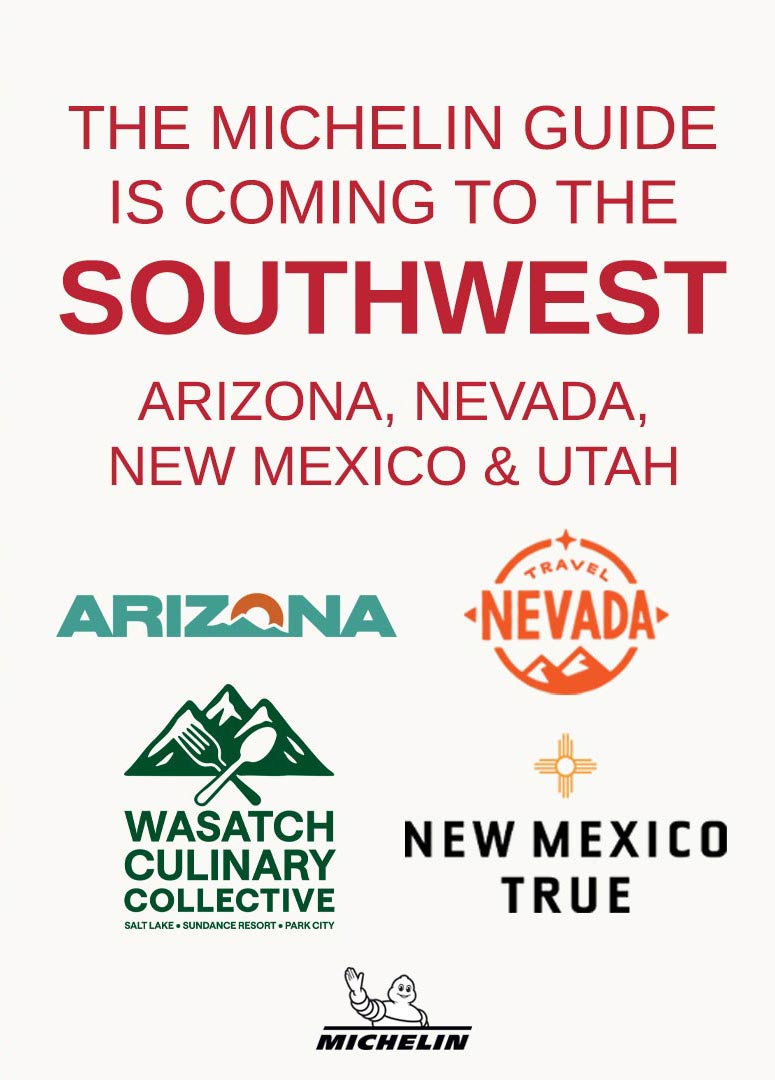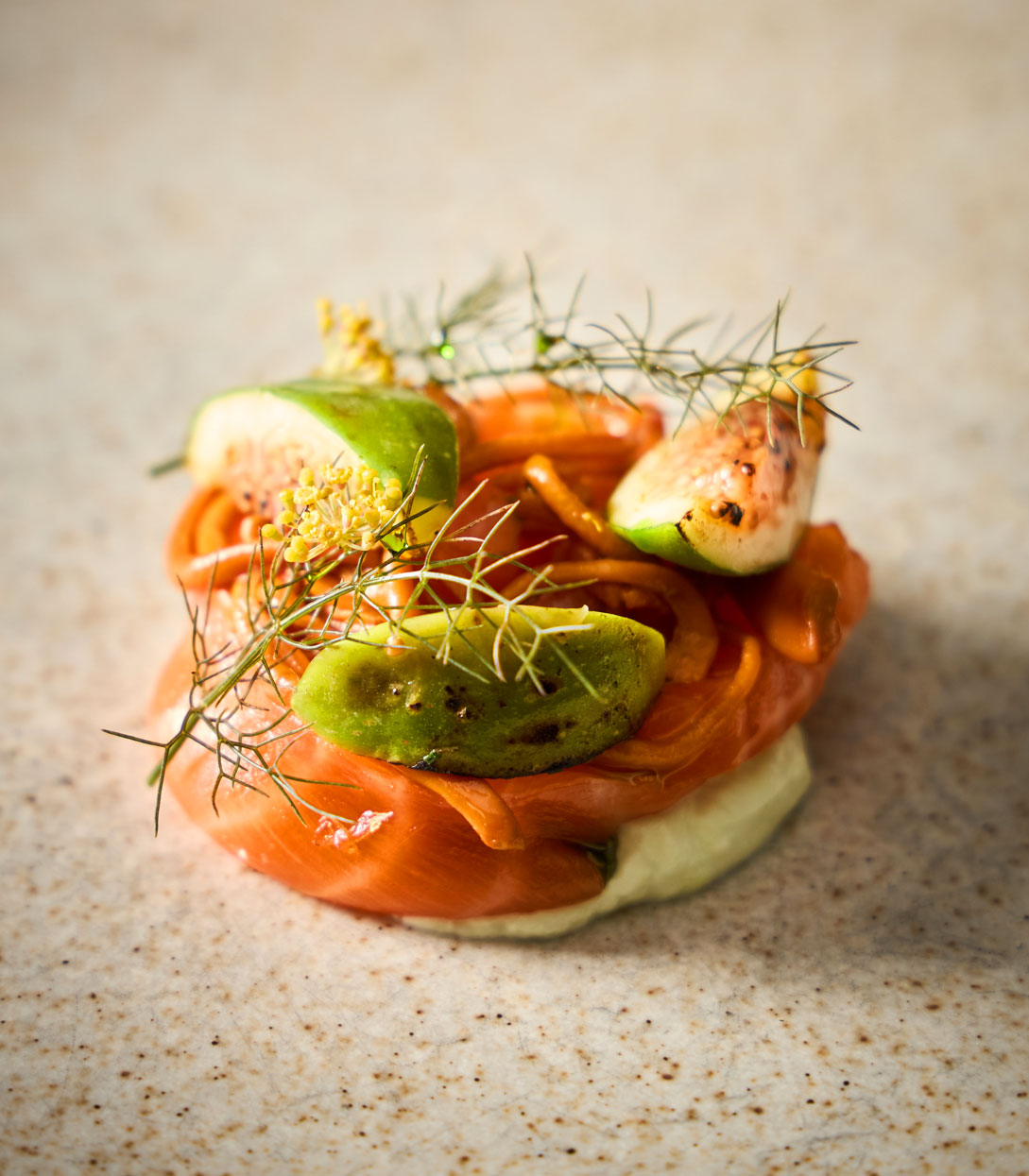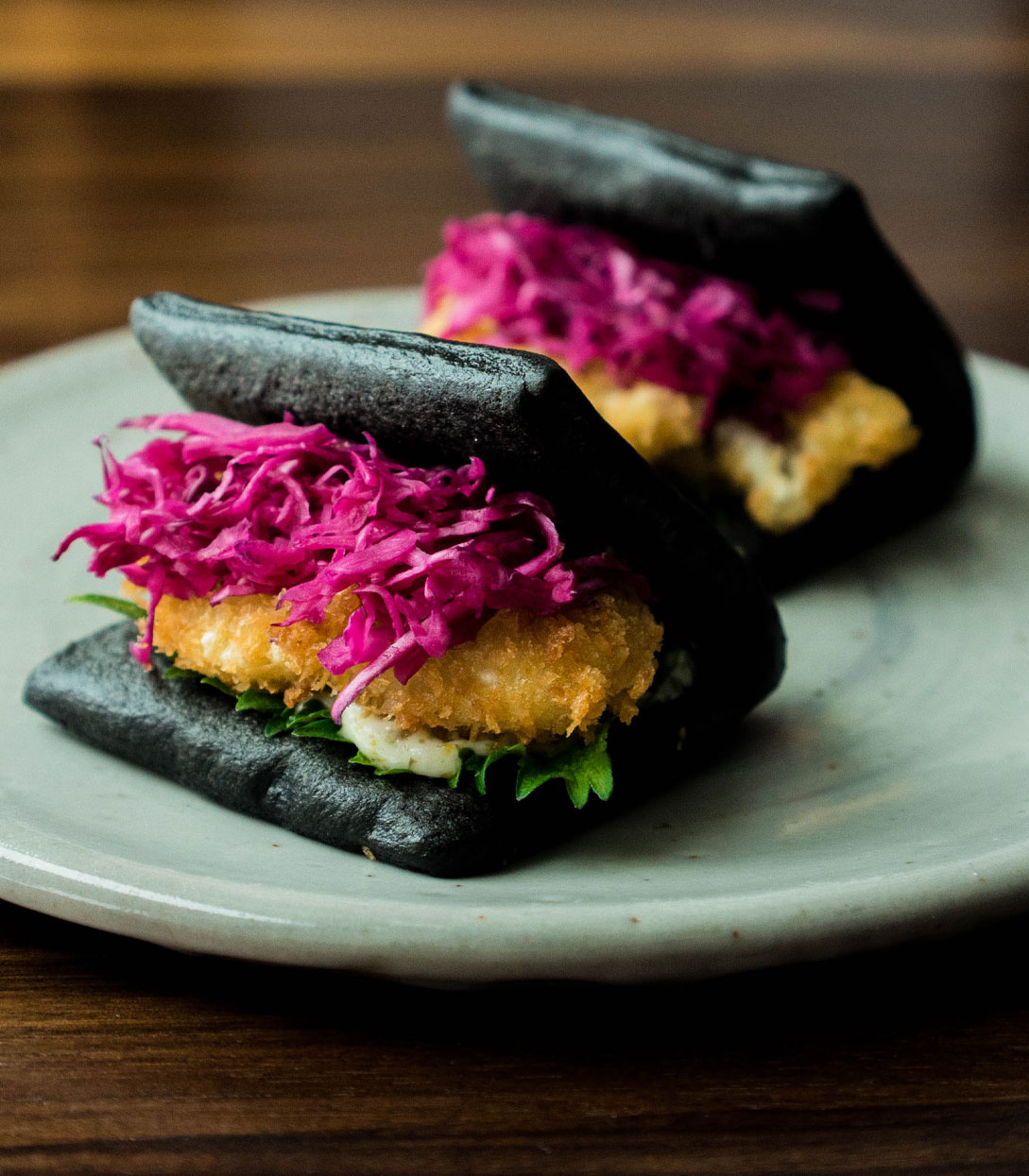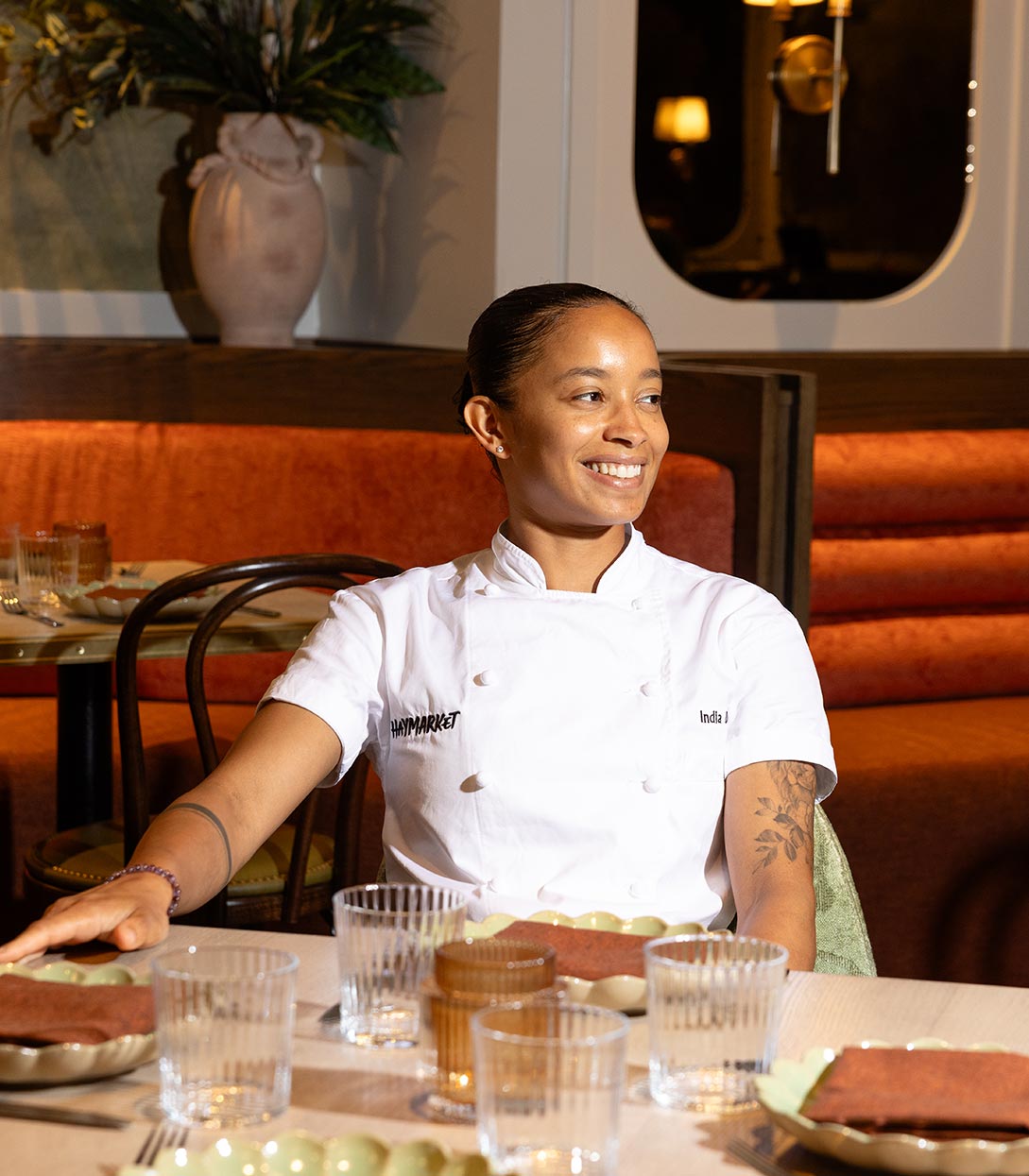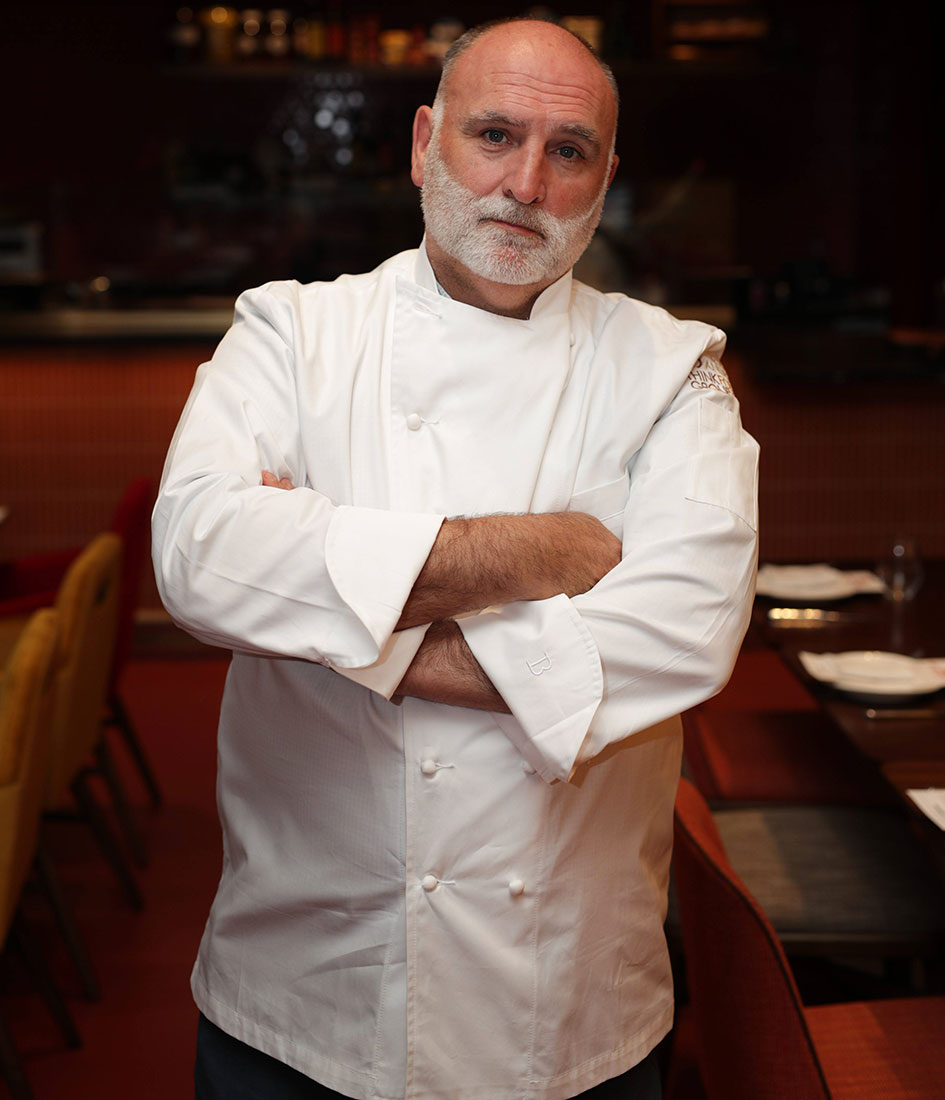Today marks Juneteenth, a holiday meant to celebrate and commemorate June 19, the day in 1865 when enslaved people were declared free in the United States. Made an official, federal holiday in 2021 by President Biden, he said this at a White House reception for the holiday: “Juneteenth is meant to breathe new life into the very essence of America— to make sure all Americans feel the power of this day and the progress we can make as a country; to choose love over hate, unity over disunion, and progress over retreat.” Below, we spoke with four MICHELIN Guide chefs—Camari Mick of the Musket Room, Charlie Mitchell of Clover Hill, Shenarri Freeman of Cadence, and Michael Caines, MBE of Lympstone Manor—about the holiday, the challenges still facing chefs in 2023, and what they hope for the future.
Juneteenth is now a federal holiday. How do you hope those new to the holiday honor it this year?
Camari Mick: Truly, I want people to educate themselves more on how to be a good ally. Juneteenth; while it’s amazing for it to be recognized to be a federal holiday, I hope those who haven’t celebrated before to truly understand its importance and go above and beyond to understand a different perspective.
Charlie Mitchell: By celebrating! Especially in our community we need to rejoice in this the same way we do on the 4th of July. It’s our true independence.
Michael Caines, MBE: I think with reflection. It's a great thing that this has been able to happen. We always need to embrace the future in knowing a little bit of our past. And sometimes that's about celebration, sometimes that's about reconciliation, and sometimes that's about having empathy for what's gone in the past and learning lessons to take forward. What lessons can be learned, and in society today are we dealing with those subject matters in a better way than we did back then?
Shenarri Freeman: With all holidays, I believe it’s important to understand the origin and the history of what you are celebrating. I’ve had to unlearn some things along the way after researching certain holidays so most importantly, do your research. This is especially important for a holiday like Juneteenth, which has just started being recognized on a broader level. Make sure to see if your principles and values align with the holiday. My key tips for Juneteenth, and any holiday really, is to celebrate locally and within your community. Find intimate celebrations with panels to learn more, volunteer with local organizations, and support local Black-owned businesses. This is going to be the most impactful and genuine way to honor this special day.

What does it mean to you to be a chef in 2023?
Camari Mick: As one of the only black pastry chefs with a Michelin star I feel as if it is my responsibility to uplift and highlight other black and brown chefs.
Charlie Mitchell: I’ve always embraced my culture and where I come from so representing my own the right way has always been a focus for me. As a chef I just want to prove to the chefs coming after me that anything is possible, and we can reach new heights in this industry.
Michael Caines, MBE: Well, I'm not only just a chef of color, but I'm also a product of slavery. My father came from the Indies from Dominica. It's a very, very small island. And so, when you realize, and as a kid growing up, I very much looked to the Black-American Civil Rights movement, the culture, the story about slavery. And when you're talking about slavery and, and inequality for people of color, then obviously, the emancipation of slavery in America. And the story of slavery is a very powerful one. People like Martin Luther King, Malcolm X, the Black Panther movement, the various different people in history along the way that have and try to stand up for equality and get people to see people as people. People, not people of color. Why do we have to distinguish with color or religion rather than just seeing the person of humanity first, the human person. For me, as a black person, I just feel as a free man today that I represent progress and not only do I represent progress, I represent that in society. You can break free from the shackles of enslavement to become equal in society. And I think in doing so, you start to prove that in society itself, you can put the past behind you and embrace a new future through achievement, admiration of others, but more importantly, respect of each other and love.
Shenarri Freeman: Being Black is one of my favorite things in this lifetime. Being a Black woman chef adds two additional layers of pride contributing to who I am, especially in this industry. It means community, it means giving back, it means sharing our stories, it means paying it forward, it means sharing resources, it means honoring my ancestors , it means cooking our food, it means showing up as my true authentic self. The work can be difficult at times but there’s nothing more rewarding than being grounded and living in your purpose.

What are the challenges still facing chefs today?
Camari Mick: Especially within the fine dining world I think there is still a lack of understanding for African Diaspora cuisine within the industry. With lack of representation in certain rooms, it’s hard for us to get the recognition and “flowers” that we deserve.
Charlie Mitchell: I’d say the biggest challenge is perceived value. I think chefs of color for whatever reason are looked as more causal chefs and sometimes as just the talent. But I think we are beginning to show that we deserve to be owners and operators as well.
Michael Caines, MBE: First of all, we are a minority. But what there is is is an opportunity for all of color and of background, irrespectively, to be given the opportunity on merit and not seen through the eyes of color or religion. To be seen on merit. And I think meritocracy is important.
At the same time, we need to go back deeper in society to make sure that young people are getting opportunities for education to pursue the careers they want. In my case, you know, you can never hold a good man down and, once you get the opportunity, your skill and your ability to show people that you are equal in it, or if not better, in other ways is what it's all about. And I'm really proud to represent the black community as an iconic chef or the first person in the UK of color, probably indeed Europe, to get Stars. And I know that my role, whilst important, I don't want the color argument to override the achievement. It adds to the story to know that you've come from a background where you're representing the very minority that you're talking about and celebrating today who've come from difficult times. I think that's something that's good. So, I'm very proud of that. But at the same time, I know there's always more that we can do. We also need to accept that there's progress to be made and, and with small steps, sometimes it's frustrating, but as long as we're progressing, there's always more we can do. My role is to put myself all out there as an equal in what I do. And also, the freedom to do what I want and be the man I am today comes with the confidence that you have the ability as well.
Shenarri Freeman: When you ask someone, “Who is your favorite chef?”, the response is typically not a black chef. That alone is an issue. Media exposure, lack of resources, ownership opportunities, equal pay, and access to funding all contribute to the challenges we face within our industry. It's deep-seeded and rampant across all aspects of the industry— and it will take intentional work from investors, patrons, and everyone in between to start making a real semblance of change.
How do you use your platform to educate and inspire others?
Camari Mick: By continuing on what I have been doing at Musket Room, sourcing products from black farmers and purveyors. Using my power to those on the plate and menu that highlight the high-quality ingredients that they’ve been producing, yet no one has noticed. I have a responsibility, as a person with a seat at the table, to leave doors open behind me.
Charlie Mitchell: Currently I just try my best to lead by example and inspire my team. I plan on always being a resource for others who want to follow my path, sometimes all it takes is a phone call or an email thread to guide someone in the right direction. As I grow my brand, I plan on creating a bigger platform to educate young chefs on how to be true professionals.
Shenarri Freeman: A lot of my work has been broadcast publicly, so I really tend to enjoy my work done behind the scenes. I spend a lot of my free time volunteering at local high schools throughout New York, teaching culinary courses, helping students with internships or job placements, and raising money for students to attend culinary school. Aside from that, I have a network of chefs that I travel with, explore other Black-owned establishments with, promote their businesses across our platforms, and we share resources and just really show up for each other. Our group has been gaining a lot of attention lately and inspiring others. We’re leading by example and growing together as a unit. It’s a beautiful space to be in.

What can the industry do towards being more inclusive and equitable?
Camari Mick: Within your dining rotation include more black owned restaurants and businesses. Seek out cuisines you haven’t had before and really immerse yourself in the experience. Do your research and understand that there are different cultures and customs in which you have yet to experience, and when you do, appreciate and respect it.
Charlie Mitchell: First step is acknowledging that it hasn’t been, the next is understanding that we are all allowed to be different. It’s enough room for all of us.
Michael Caines, MBE: We're celebrating 10 years of the Michael Caines Academy and every year we have 16 catering students. We have a program of excellence in hospitality, both in the kitchen and front of house. And every year we've had 16 students so that’s 160 students that have come through the academy and, and I really do believe that you should reach back and help the next generation to come through. I think it's important. I also think as a role model you need to make sure that we have the ability to inspire the next generation to want to go on and achieve. What I mean by that is achievements measurable by different people's aspiration. But what you need to do is open up their eyes to what's possible and I always say in life don't be limited by your own imagination but be inspired by other people's achievements. And I think when you look at that in the magnitude of life experience, you need to encourage young children, young adults, to travel, to be ambitious, to push themselves, to not be comfortable. To be in a place where they feel they're learning and they're progressing and not be afraid to ask questions. I think these the industry is crying out for young talent, and I think it's a great opportunity for young people to come into a changing industry that's acutely aware of the value of young people and people in general.
Shenarri Freeman: First things first—support Black chefs, restaurateurs, bartenders, sommeliers, farmers, winemakers, managers— but really support them. Support these individuals and their business, write about them, nominate them, patron them. Allyship is always critical within any business. Beyond this, there needs to be more opportunity for Black leadership + ownership; and overall, more willingness to share resources and network.
Is there anything else you’d like to share / add / let our audience know?
Camari Mick: Black food has been and is the bases of what we know to be “American Cuisine”; especially when we are talking about southern food. In order to change that narrative and take on a different lense, we have to throw away the concept of checking boxes for what constitutes in traditional fine-dining and really hone in on the appreciation of history and value of the food that has made us who we are today.

Hero image (from L to R): Courtesy of Chef Shenarri Freeman, Photo: Luis Paez, Courtesy of The Musket Room






